18 years since deadly anti-regime rally
Today marks 18 years since the first mass demonstrations of then opposition organized by the Serbian Renewal Movement (SPO).
Monday, 09.03.2009.
12:09

Today marks 18 years since the first mass demonstrations of then opposition organized by the Serbian Renewal Movement (SPO). The protests in Belgrade on March 9, 1991 were organized against the then government, led by Sloboan Milosevic's Socialist Party of Serbia (SPS) and “media blackout” of the state television. 18 years since deadly anti-regime rally Other opposition parties joined the demonstration, demanding that the management of the state television and a number of its editors and producers resign. Police unsuccessfully tried to stop the protest, and later used tear gas, water cannons and rubber bullets, which led to slashes between them and the demonstrators. 18-year-old protester Branivoje Milinovic and 54-year-old policeman Nedeljko Kosovic died in the clashes. It is estimated that over 100,000 people gathered in Belgrade that day. Later in the evening, the army was deployed streets of Belgrade. This was the first time that tanks rolled through the capital city since World War II, historian Cedomir Antic recalls. “The next day, Belgrade was like an occupied city, there were dozens of tanks in the city on March 10, even one large T-84 tank by Takovska Street. However, by March 11, the opposition leaders who were left, since Vuk Draskovic was arrested, along with several hundred citizens—gathered and began a new protest which was supported by the student protest,” he said. “And after three days, by March 12, the regime had to give in. Not only were all those arrested released, not only were the senior officials of RTS replaced, but the interior minister resigned as well." “March 9 is a crossroad for us because it is the first time that the majority of citizens in the capital were against Slobodan Milosevic, a man who received 65 percent of the vote in elections four months earlier. Apparently, since it is hard to say how fair the elections were, like any elections carried out by the Milosevic regime,” Antic said. This historian reminds of all those who were active members of the regime at the time. “The people who led the government then—Prime Minister Dragutin Zelenovic, Interior Minister Radmilo Bogdanovic, Slobodan Milosevic – they are out of politics and have been for a long time, Milosevic died in custody of the Hague Tribunal three years ago,” he said. “As for the people who were active in politics then and now, as far as I know, there is Energy Minister Petar Skundric was the secretary-general of SPS then, I do not think he was an MP then, but I remember that when the Socialist Party of Serbia was promoted, he was on television speaking on behalf of the party,” Antic reminded. “I think that one minister in the government at the time was Mr. Goran Trivan, who is now, after the coalition agreement with DS, an official of the city government in Belgrade,” he said. “So, in some way in Serbia after all these years, one thing is clear, and that is that the regime has not changed in the way that a part of the nation, that is, the opposition, wanted,” he said. Meanwhile, the SPO will also mark the anniversary of the deaths of protesters Milivojevic and Kosovic. Several days ago a photo-monograph was promoted by the party, titled, “SPOmenar”, where the most important events and moments of the battle for democracy over the last 18 years are recorded.
18 years since deadly anti-regime rally
Other opposition parties joined the demonstration, demanding that the management of the state television and a number of its editors and producers resign.Police unsuccessfully tried to stop the protest, and later used tear gas, water cannons and rubber bullets, which led to slashes between them and the demonstrators.
18-year-old protester Branivoje Milinović and 54-year-old policeman Nedeljko Kosović died in the clashes.
It is estimated that over 100,000 people gathered in Belgrade that day.
Later in the evening, the army was deployed streets of Belgrade. This was the first time that tanks rolled through the capital city since World War II, historian Čedomir Antić recalls.
“The next day, Belgrade was like an occupied city, there were dozens of tanks in the city on March 10, even one large T-84 tank by Takovska Street. However, by March 11, the opposition leaders who were left, since Vuk Drašković was arrested, along with several hundred citizens—gathered and began a new protest which was supported by the student protest,” he said.
“And after three days, by March 12, the regime had to give in. Not only were all those arrested released, not only were the senior officials of RTS replaced, but the interior minister resigned as well."
“March 9 is a crossroad for us because it is the first time that the majority of citizens in the capital were against Slobodan Milošević, a man who received 65 percent of the vote in elections four months earlier. Apparently, since it is hard to say how fair the elections were, like any elections carried out by the Milošević regime,” Antić said.
This historian reminds of all those who were active members of the regime at the time.
“The people who led the government then—Prime Minister Dragutin Zelenović, Interior Minister Radmilo Bogdanović, Slobodan Milošević – they are out of politics and have been for a long time, Milošević died in custody of the Hague Tribunal three years ago,” he said.
“As for the people who were active in politics then and now, as far as I know, there is Energy Minister Petar Škundrić was the secretary-general of SPS then, I do not think he was an MP then, but I remember that when the Socialist Party of Serbia was promoted, he was on television speaking on behalf of the party,” Antić reminded.
“I think that one minister in the government at the time was Mr. Goran Trivan, who is now, after the coalition agreement with DS, an official of the city government in Belgrade,” he said.
“So, in some way in Serbia after all these years, one thing is clear, and that is that the regime has not changed in the way that a part of the nation, that is, the opposition, wanted,” he said.
Meanwhile, the SPO will also mark the anniversary of the deaths of protesters Milivojević and Kosović.
Several days ago a photo-monograph was promoted by the party, titled, “SPOmenar”, where the most important events and moments of the battle for democracy over the last 18 years are recorded.





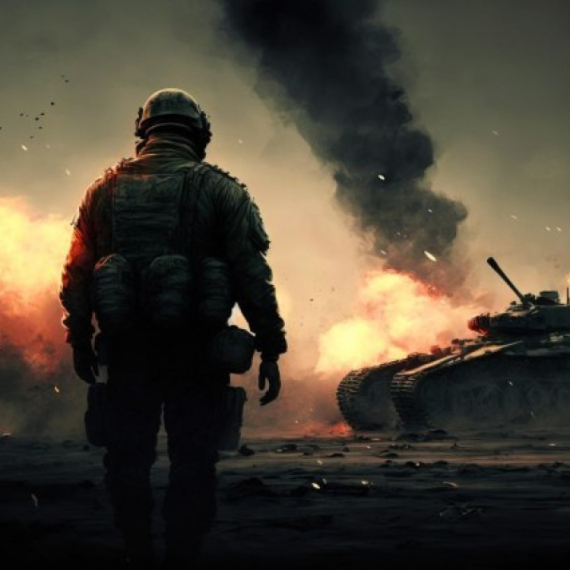




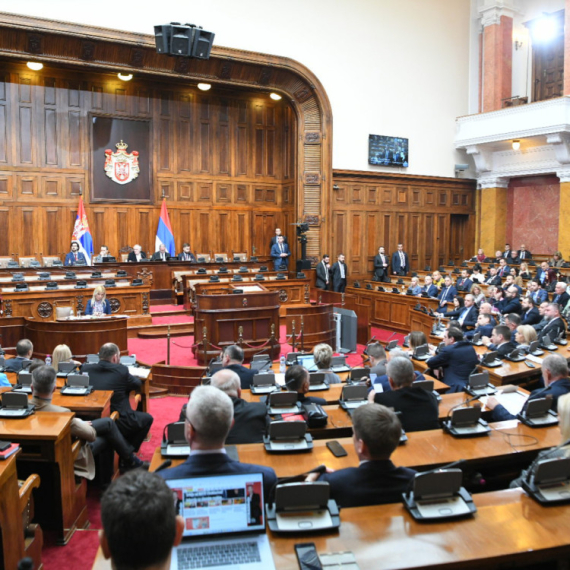
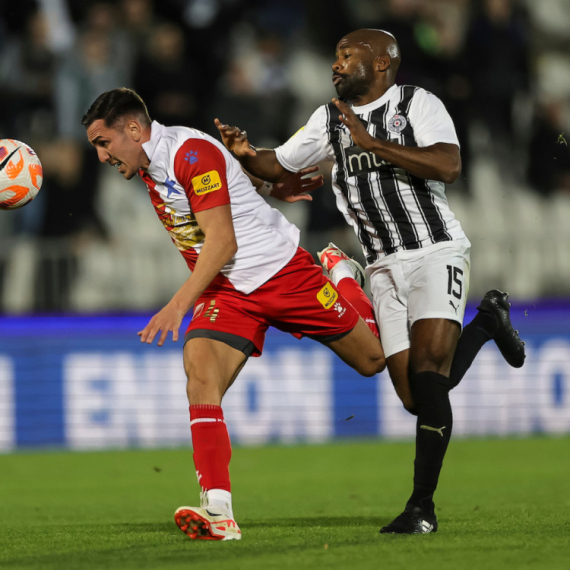

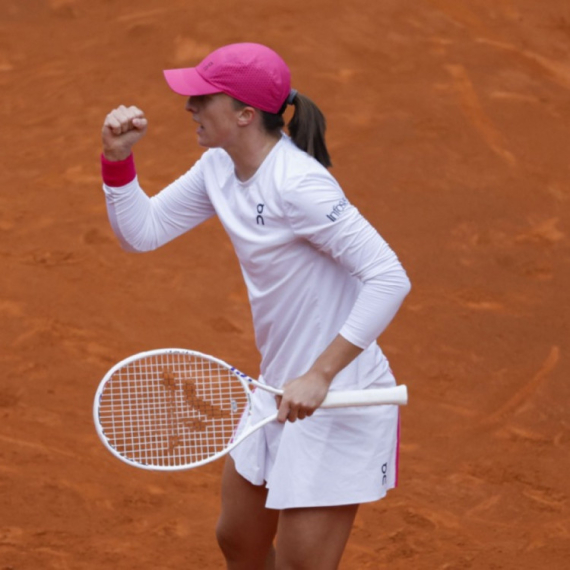
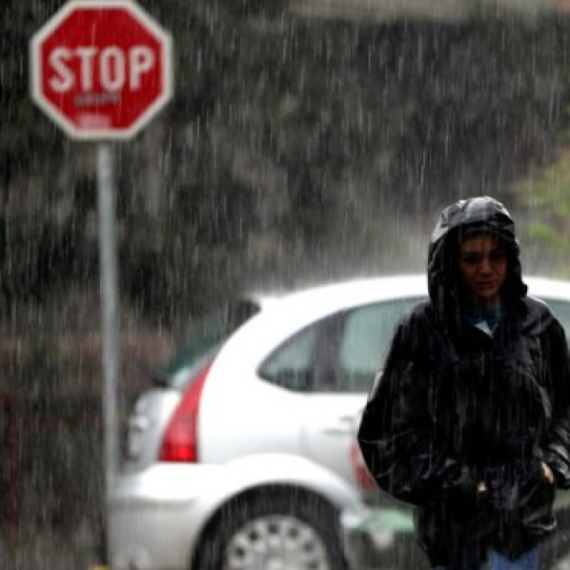
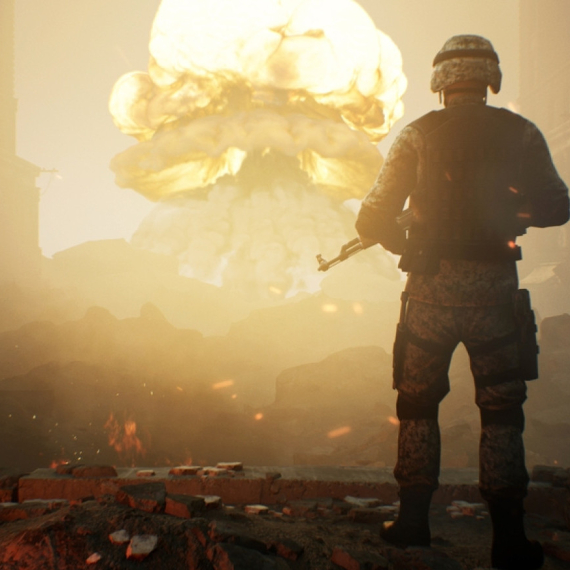
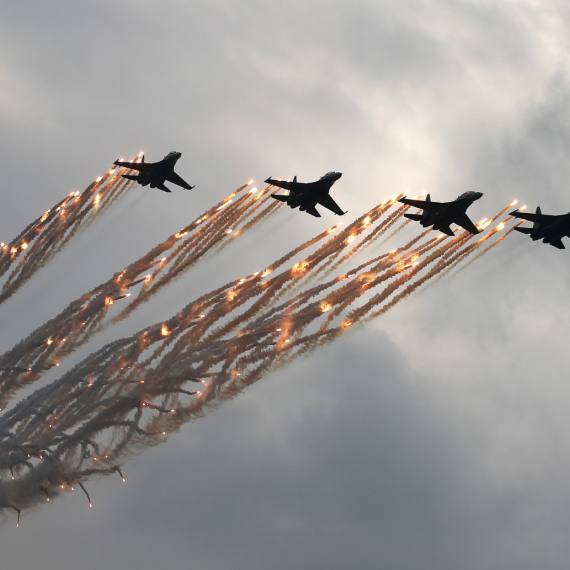


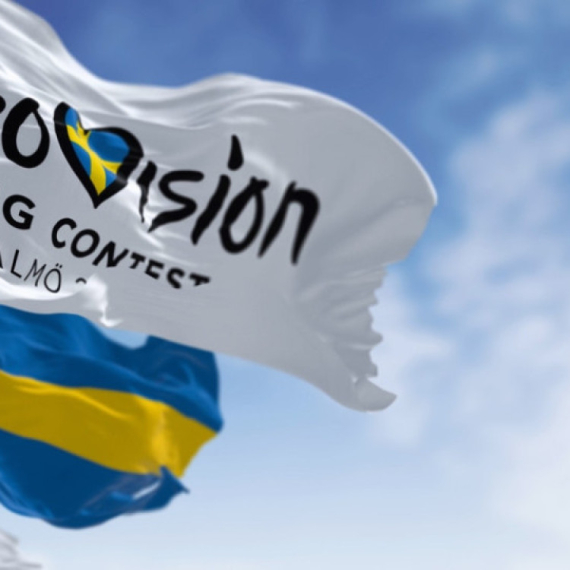
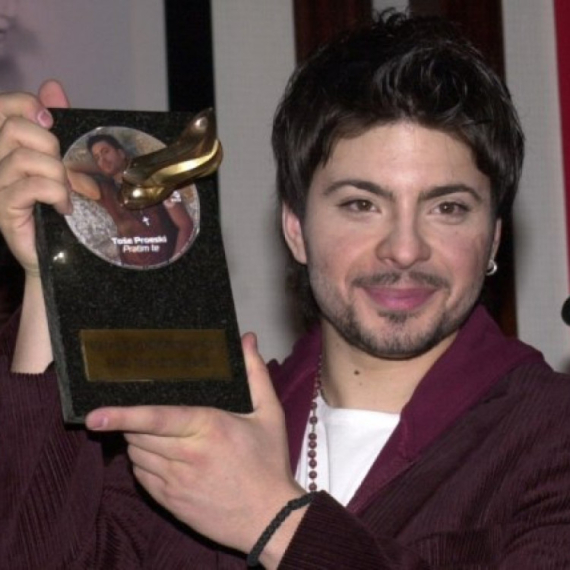
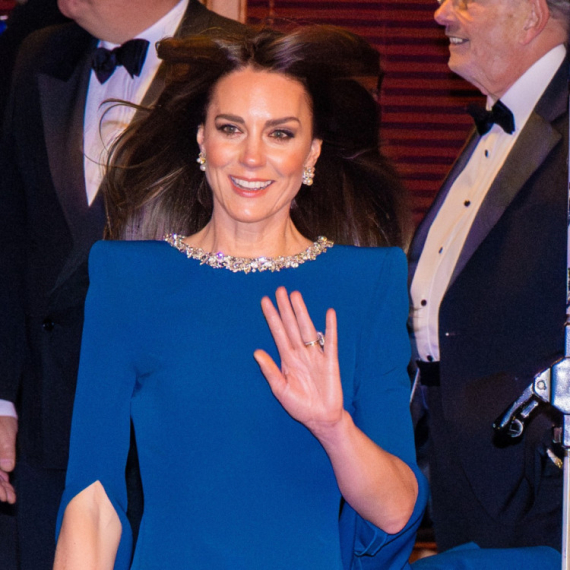


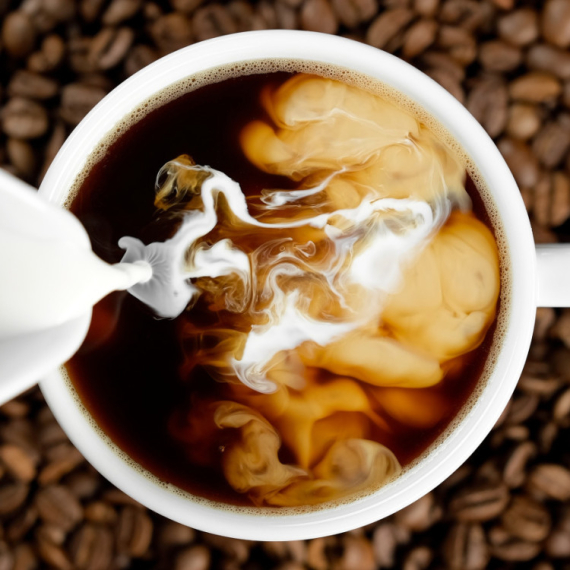

















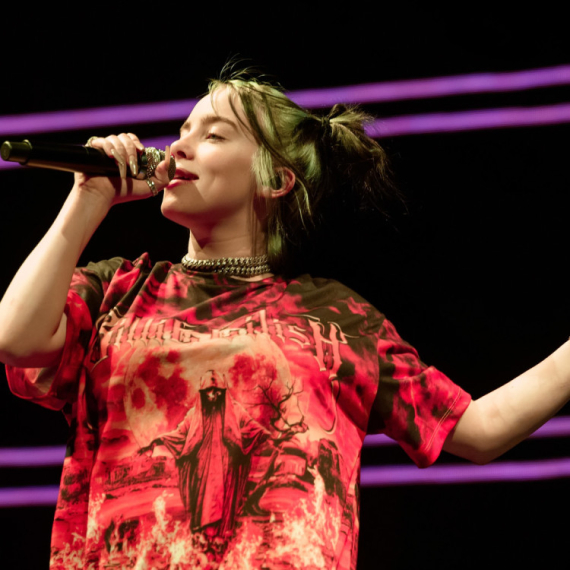


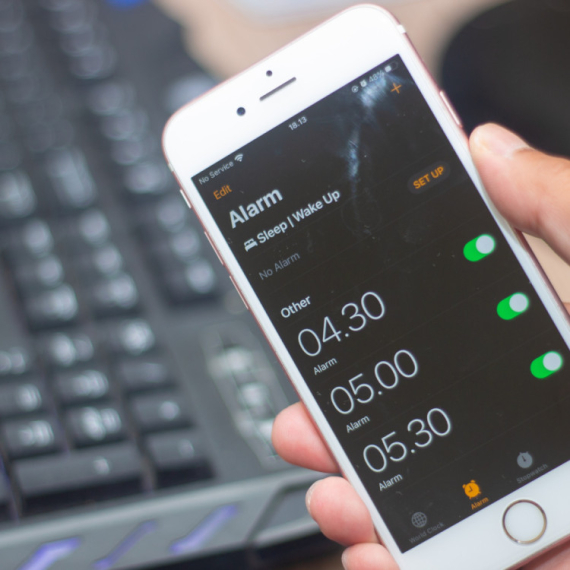


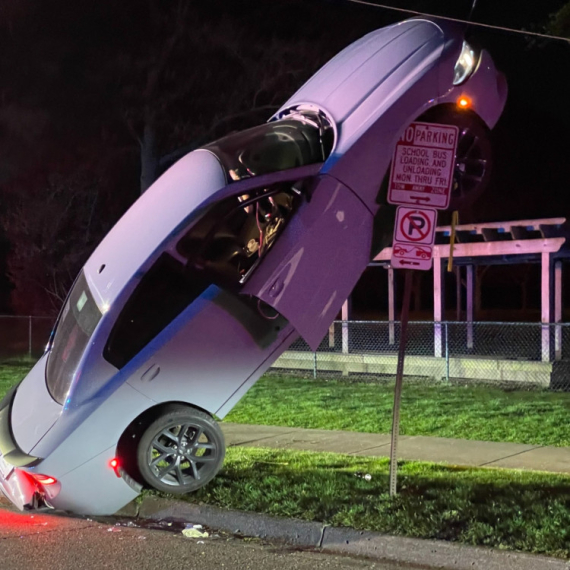

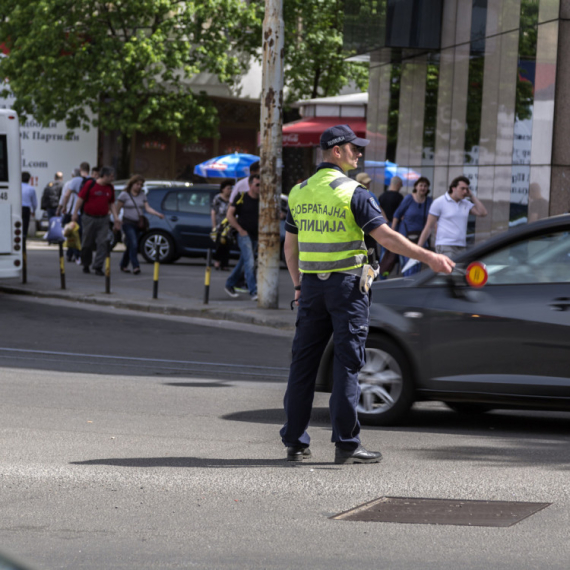
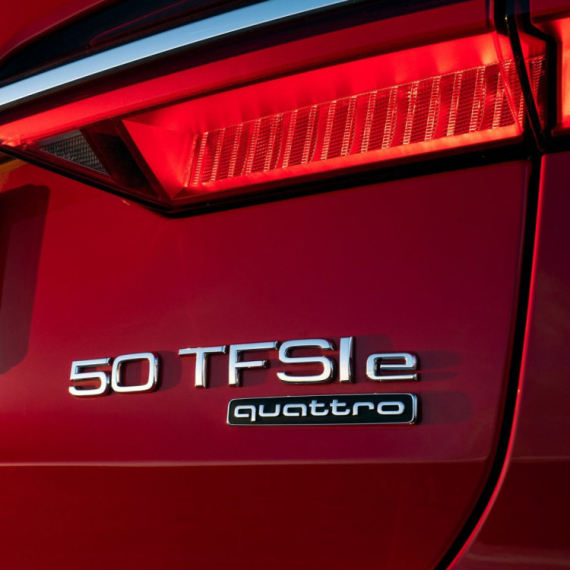

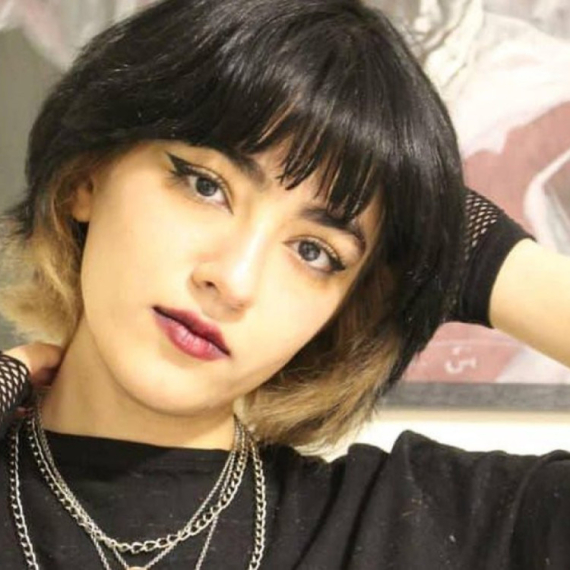
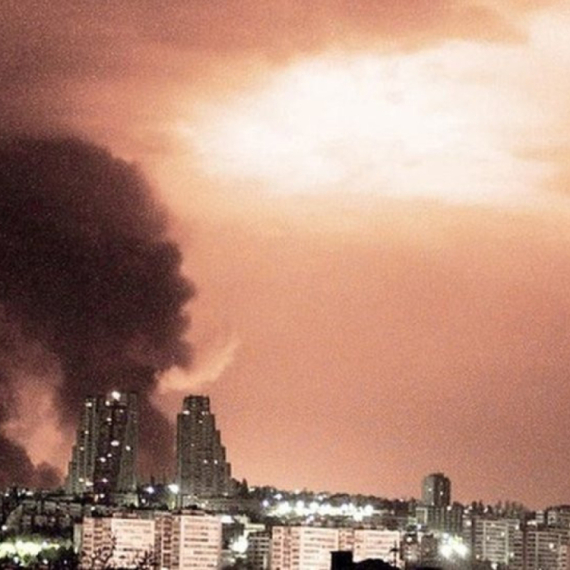
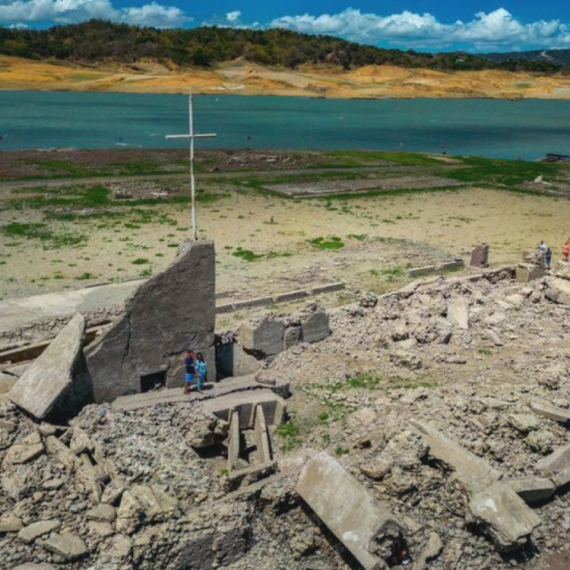


Komentari 2
Pogledaj komentare